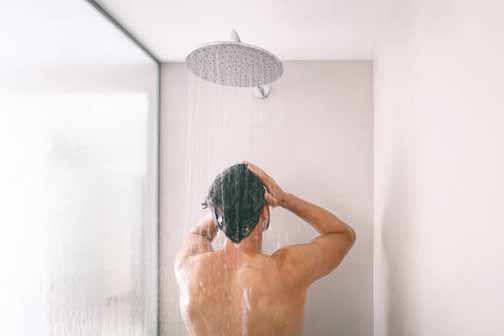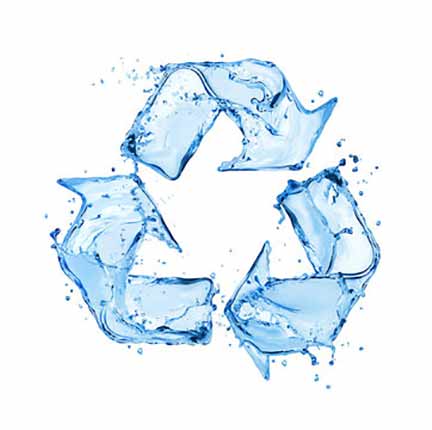The Importance of Water Conservation: How Plumbers Can Help
Water is one of the most precious resources on the planet, and conserving it is crucial for both the environment and your wallet. Professional plumbers in Chicago offer valuable advice and services to help homeowners save water and reduce their utility bills. By understanding the significance of water conservation and how plumbers can assist, you can make informed decisions to implement effective water-saving measures in your home.
Understanding Your Water Usage Patterns
The first step in saving water is to understand your current usage patterns. Professional plumbers can conduct a thorough audit of your home’s water usage. This audit will identify areas where water is being wasted and suggest improvements. By analyzing your water consumption data, you can pinpoint which appliances and fixtures consume the most water and require upgrades or repairs.
Installing Water-Efficient Fixtures and Appliances
One of the most effective ways to save water is by installing water-efficient fixtures and appliances. Chicago plumbers recommend upgrading to low-flow showerheads, faucets, and toilets, which significantly reduce water consumption without compromising performance. Additionally, modern water saving appliances like dishwashers and washing machines are designed to use less water and energy, contributing to lower utility bills.
Fixing Leaks and Drips
Leaking faucets, toilets, and pipes can waste a substantial amount of water over time. Professional plumbers in Chicago have the expertise to detect and repair water leaks that may not be visible to the untrained eye. Regular maintenance and prompt repairs can prevent water wastage and help you save money on your water bills.
Implementing Smart Irrigation Systems
Outdoor water usage, particularly for lawn and garden irrigation, can account for a significant portion of your water bill. Plumbers can help you install smart irrigation systems that use weather data and soil sensors to optimize watering schedules. These systems ensure that your plants receive the right amount of water while minimizing waste.
Upgrading to Tankless Water Heaters
Traditional water heaters can be inefficient and waste a lot of water as you wait for the hot water to reach your faucet or shower. Tankless water heaters, also known as on-demand water heaters, provide hot water instantly, reducing water waste and energy consumption. Chicago plumbers can assist with the installation of a tankless water heater system.

Professional plumbers can design and install greywater systems tailored to your home’s needs, allowing you to conserve water and reduce your environmental footprint.
Recycling Greywater
Greywater recycling is an innovative way to reuse water from sinks, showers, and washing machines for non-potable purposes like irrigation and toilet flushing. Professional plumbers can design and install greywater systems tailored to your home’s needs, allowing you to conserve water and reduce your environmental footprint.
Conducting Regular Plumbing Inspections
Routine plumbing inspections by a professional plumber can identify potential issues before they become major problems. Regular check-ups ensure that your plumbing system operates efficiently and that any water-saving devices and systems continue to function as intended. Schedule annual inspections to maintain the integrity of your plumbing system and prevent costly water wastage.
The Financial Benefits of Water Conservation
Saving water translates directly to financial savings. Lower water bills, reduced energy costs, and potential rebates or incentives from water-efficient upgrades all contribute to significant cost savings. Chicago plumbers can provide guidance on available rebates and help you maximize your savings while conserving water.
Promoting Water-Saving Awareness
Educating your family and community about the importance of water conservation is crucial for long-term sustainability. Plumbers can offer workshops and informational sessions to raise awareness about water-saving techniques. By creating a culture of conservation, you can inspire others to take action and collectively reduce water consumption in your community.
To Sum It Up
Water conservation is essential for protecting our environment and reducing utility costs. Professional plumbers in Chicago play a vital role in helping homeowners implement effective water-saving measures. From installing efficient fixtures to conducting regular inspections and providing expert advice, plumbers are your partners in the quest to save water and save money. By taking proactive steps to conserve water, you contribute to a sustainable future and enjoy the financial benefits of reduced water and energy bills.


